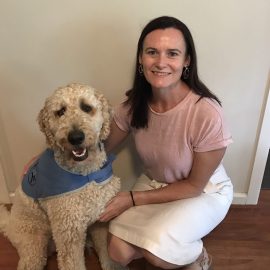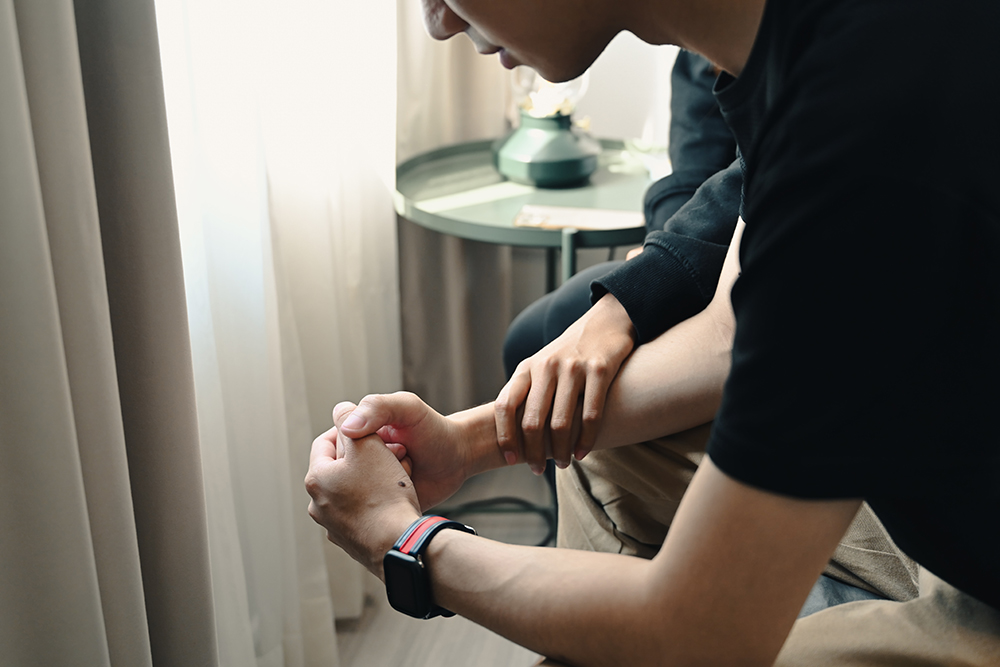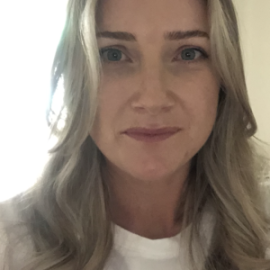
While everyone can experience periods of sadness, depression refers to when people feel sad or low most of the time over an extended period of time. Clinical Depression can influence a person cognitively, emotionally and physically. This can impact greatly on a person’s day-to-day life, their ability to engage in simple activities, and how they interact in relationships. Most treatments for Depression involve psychological therapy, medication or a combination of these two approaches. Medication is particularly indicated if a chemical imbalance is causative. Psychological therapy for depression involves developing an understanding of the factors contributing to and maintaining a person’s depressed state. This may involve talking through any events that have triggered the depression. Therapy will also involve looking at patterns of thinking that may be maintaining depressed moods, setting goals to increase meaningful activities, and possibly learning new skills (e.g. decision making, problem solving, assertive communication).













